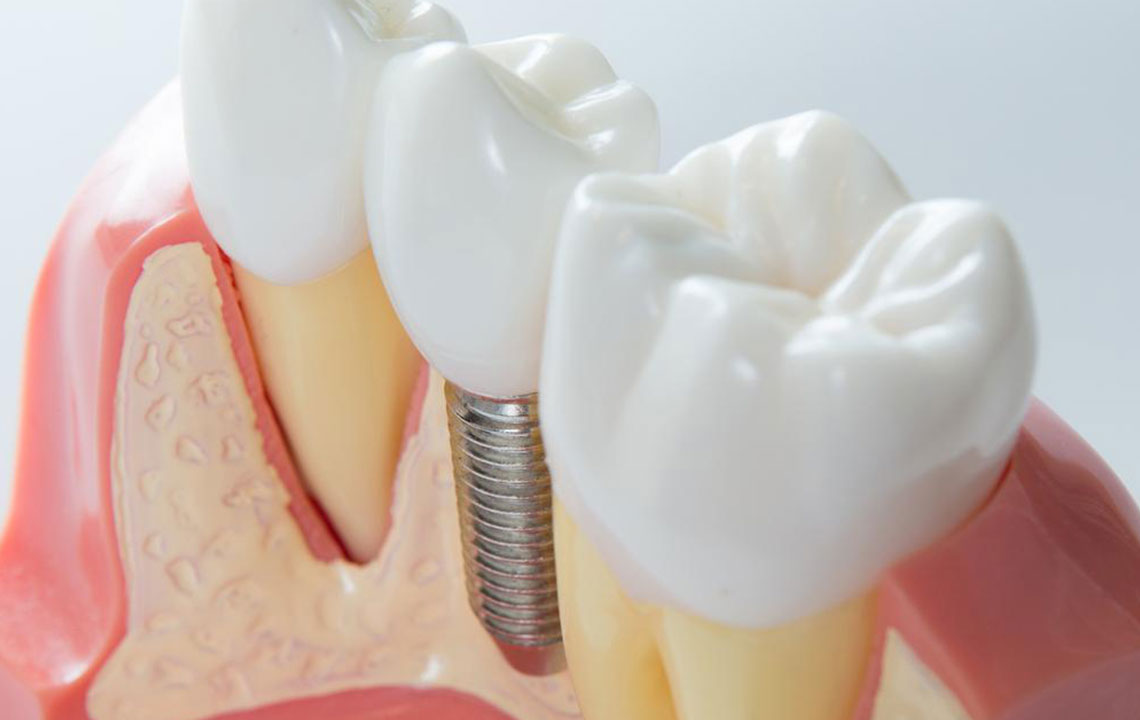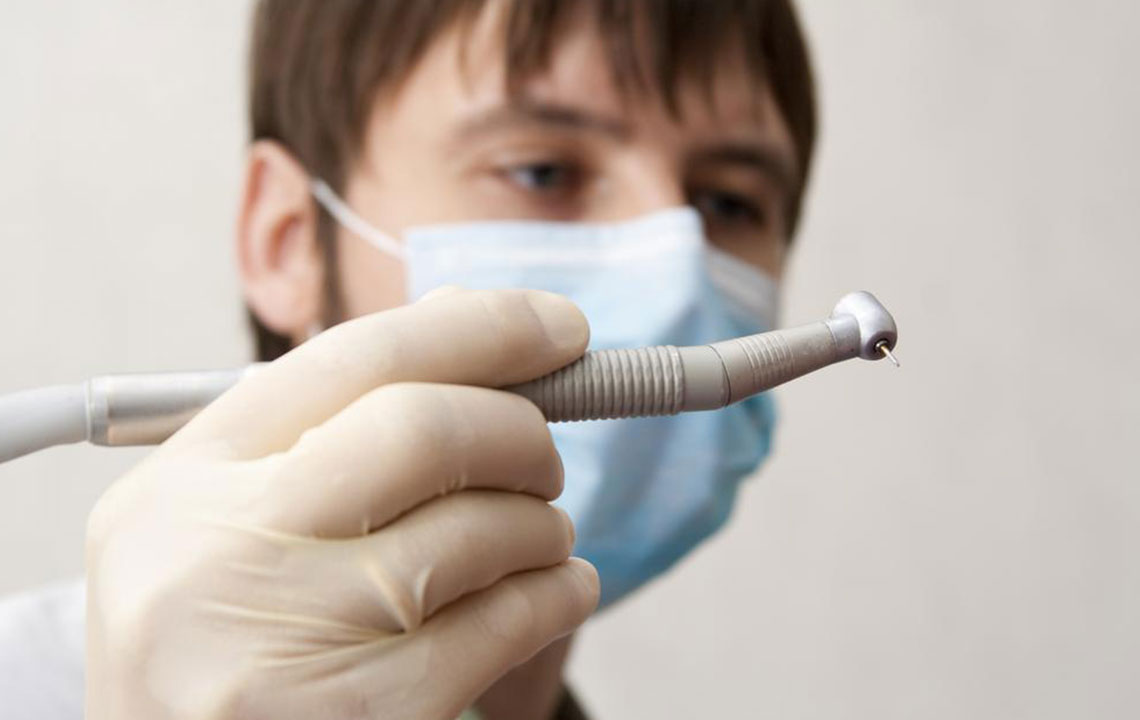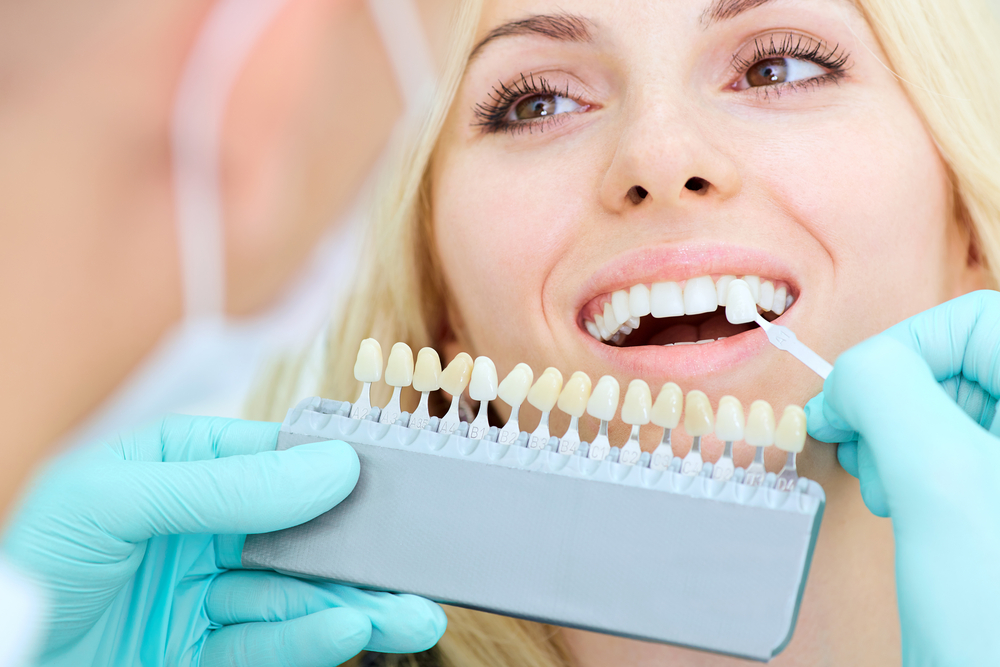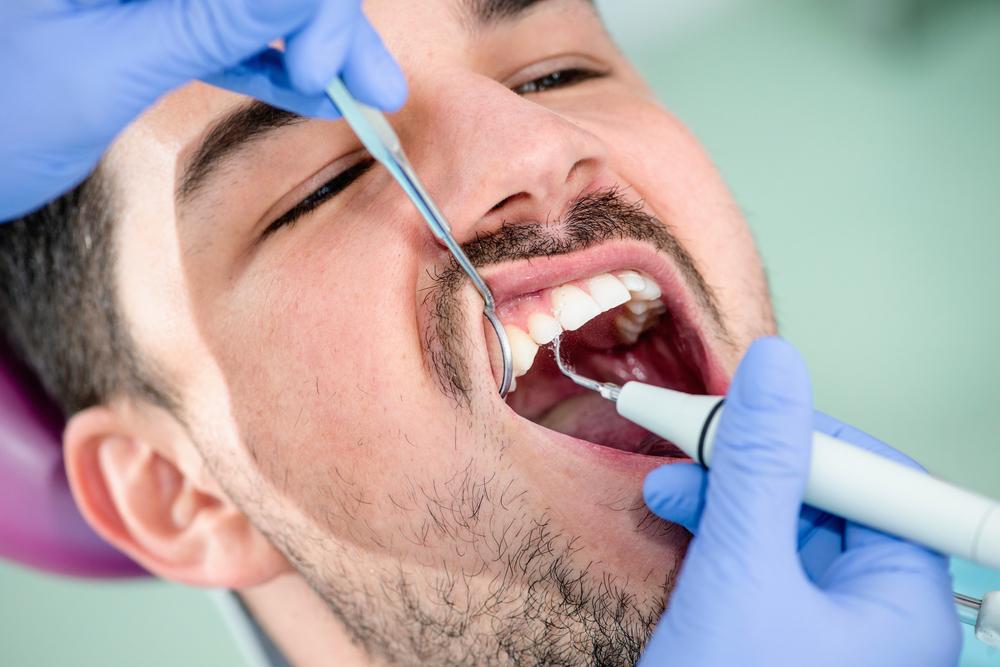Top Tips for Maintaining Your Dental Implants Effectively
Discover essential tips to keep your dental implants in optimal condition. Regular cleaning, avoiding harmful habits, and routine dental visits are key to ensuring their longevity and functionality. Proper maintenance not only preserves your implant's health but also saves you from costly repairs in the future. Learn how to protect your investment and enjoy the benefits of a natural-looking, durable smile with expert-approved advice.

Top Tips for Maintaining Your Dental Implants Effectively
Dental implants offer a durable and stable solution for replacing missing teeth, providing comfort and longevity. While the cost may seem high initially, understanding their benefits and proper maintenance can ensure their lasting performance. Here are some essential tips to help you keep your dental implants in optimal condition for years to come.
Daily Hygiene and Cleaning
Just like natural teeth, dental implants require consistent care. Regular cleaning prevents plaque buildup that can harm your implants. Brushing twice daily with a soft brush and using special floss helps maintain their health and prevents potential complications.
Resist the temptation to chew non-food items. Over time, dental implants can feel and appear natural, leading some to use them for tasks like opening packages or bottles. Such habits can cause irreversible damage to the prosthetic components.
Additionally, avoid habits like nail-biting to preserve your implants for the long term.
Regular Dental Check-Ups
Scheduling visits with your dentist at least twice a year is vital. Routine check-ups allow early detection of potential issues, ensuring your implants remain functional and healthy. Proper care and maintenance can extend the lifespan of your dental implants, avoiding costly repairs or replacements.
Dental implants are a permanent solution for missing teeth that require attentive care. Proper hygiene, avoiding harmful habits, and regular dental visits are key to preserving their health and functionality over the years.
Note:
The information provided about symptoms, treatments, and health conditions aims to inform but should not replace professional medical advice. Always consult licensed healthcare providers for personalized treatment and care.










